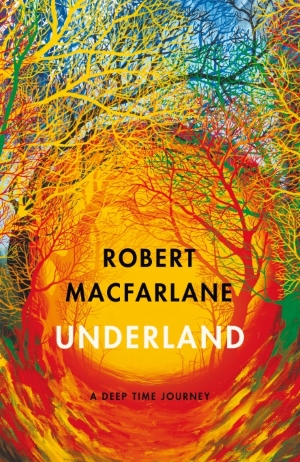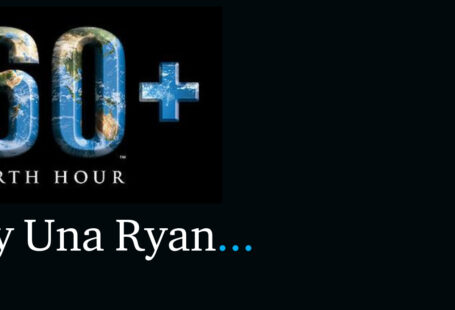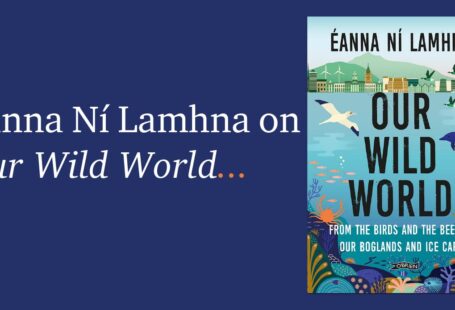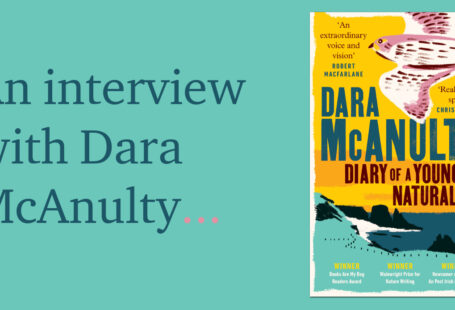You’re not supposed to judge books by their covers, but I knew straight away that this one could only contain wonder, beauty, strangeness, and longing for far-away places. And I was right! Underland by Robert MacFarlane took me in and, indeed, under from the very first page. What, you cry, but of course, it’s Robert MacFarlane! You are quite right, but here is where I must admit that I had never read anything by him before. I knew he was writing about nature and travelling and living within it, but still, Underland, despite the superb cover art that hinted at its contents, took me by surprise.

MacFarlane takes you on ‘a deep time journey’ with an effortless lyricism, and with a trove of pure prose gems that has left me reading the text with a notebook by my side, so I can write down phrases that to me have a particular sparkle to them: ‘Damselflies jewel leaves.’ ‘[…] the translucent halite melting around this cybernetic dragon […].’ ‘[…] blue fingers of the starless river […].’ ‘Bees browsing drowsy […].’ Just from this selection you might be able to tell that the author covers a lot of (under)ground: amongst caving in the Mendips, underground laboratories studying dark matter, salt mines, the catacombs in Paris, subterranean glaciers and rivers in Italy, the science of fungi, and the terrible deeds witnessed by the caves, cracks, boulders and mountains in Italy and Slovenia during the Wars, MacFarlane barely comes up for breath.
You follow him as he squeezes through narrow gaps in the Mendips, as he belly-crawls in the catacombs of Paris, head turned sideways because the space is so narrow, as he abseils down into huge caverns filled with black and golden sand. He tells you of lost cavers who were eventually found, but who couldn’t be reached in time to save them. He tells you of holy places and sacred sites where the air seems to move differently than in any other place on earth. He tells you of the beauty of stone and space and darkness. He tells you of the wonder of human history, how some of it has survived and can still be seen today, protected and safely hidden away under massive folds of rock. He tells you of the weight of the earth that is so tangible far, far below the surface of our planet. I followed and listened eagerly. Before I started reading this book, I didn’t think non-fiction could take me by the hand so firmly and lead me away from everyday life so quickly, but it turns out it can. Underland is a scintillating work that provides so many insights, gives so much information, but, above all and despite its more thrilling escapades, evokes a feeling of profoundness and belonging and peace. I would recommend that you descend into the abyss. I promise you will return from it, sated.






Recent Comments